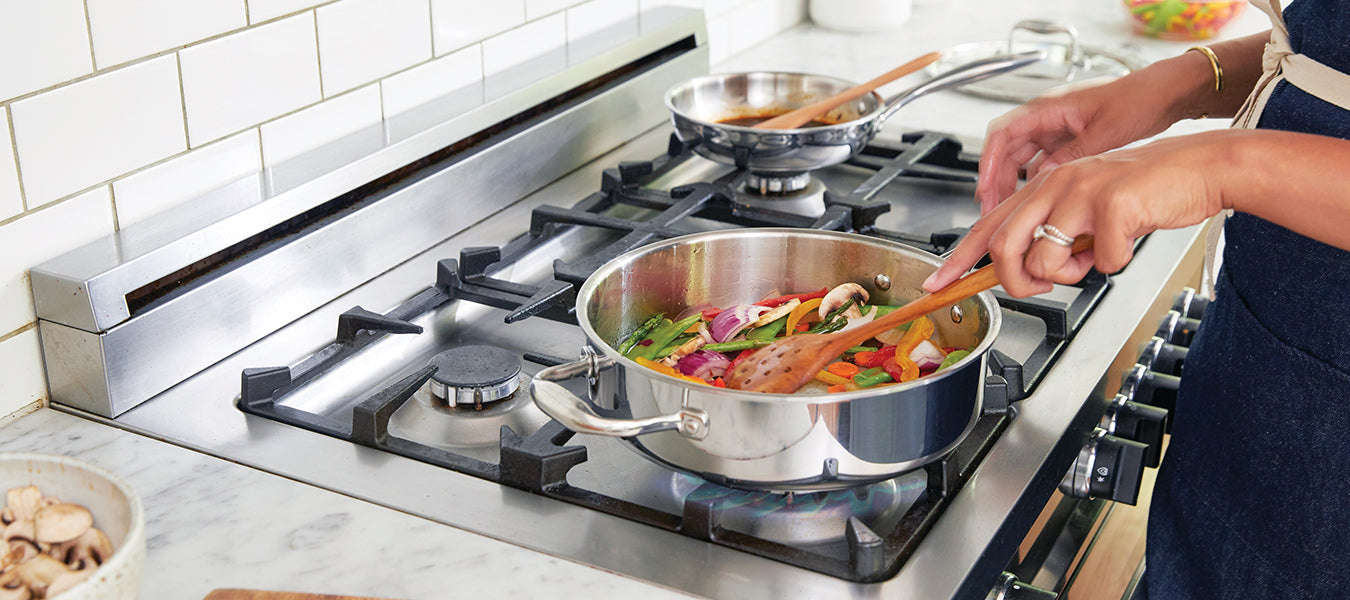
A Closer Look at the Mediterranean Diet
The Mediterranean diet has been popular for a while now. Before it was popular all over the globe, however, it was the way people normally ate in areas like Spain, Greece, and Italy. It was first discovered when people in the area were living longer and had less chance of heart disease. The diet is nothing difficult and can be followed without sacrificing too much. Here is a closer look at the Mediterranean diet to find out if it is something for you.
What does the diet consist of?

Studies have shown that the Mediterranean diet supports cardiovascular health. The diet does not have a lot of strict guidelines. It consists mainly of fresh fruits and vegetables, nuts, beans, legumes, and whole grains. These are the main sources of food. The main things to limit are unhealthy fats, so lean meat, olive oil, and avocado oil are sources of healthy fats to substitute. Keep in mind that these should also be eaten in moderation. One of the hardest things to substitute for many people may be sugar, salt, and butter. Limiting sugar intake and eating more Greek yogurt and fruit is a healthier option that is still tasty. Salt should be substituted with spices and herbs and butter should be substituted with cooking oil. The diet does not require anyone to go hungry, but is simply a way to replace unhealthy, processes food with healthier and, possibly even tastier food.
On top of healthier food, the Mediterranean diet requires daily exercise and staying hydrated. The diet consists of a lot of food, so daily exercise is required. Without exercise, high-calorie intake could cause weight gain. Those who practice the Mediterranean diet make sure to move around often and spend time eating with others and enjoying their meals. Drinking enough water throughout the day is also important. To learn more about how much water to drink each day and why hydration is important, read our article here.
What does a typical day on the diet look like?
Breakfast: For an easy breakfast, you can make something like oatmeal with fruit and almond slices on top or even avocado toast.
Lunch: Pita sandwiches with tuna, chickpeas, spinach, tomatoes, and a sprinkle of cheese make a tasty and healthy lunch.
Snack: For an afternoon snack, you can opt for some pita chips dipped in creamy hummus.
Dinner: Try to keep dinner a little smaller with a bowl of chicken orzo, filled with beans, tomatoes, and spinach.
Dessert: Avoid too much sugar with a fruit salad or an olive oil cake for dessert, followed by an evening stroll.
Are there any cons?
While the Mediterranean diet is a great way to keep your body healthy, it may not be possible for everyone. Putting together a fresh and healthy meal takes a lot of time Not only that, but it can be expensive. Of course, it is cheaper and easier to pick up fast food for an entire family. However, the health benefits outweigh the cost.
Overall, the Mediterranean diet is a great way to make sure your body is getting all the nutrients it needs. Taking a closer look at the Mediterranean diet helps people learn if it is the best option for them. While it may not be possible for everyone to adopt, it is one of the best ways to increase your lifespan and feel better about your health each day.
Sources
https://greatist.com/eat/mediterranean-diet-recipes-for-beginners#Lunch-and-Dinner


Leave a comment